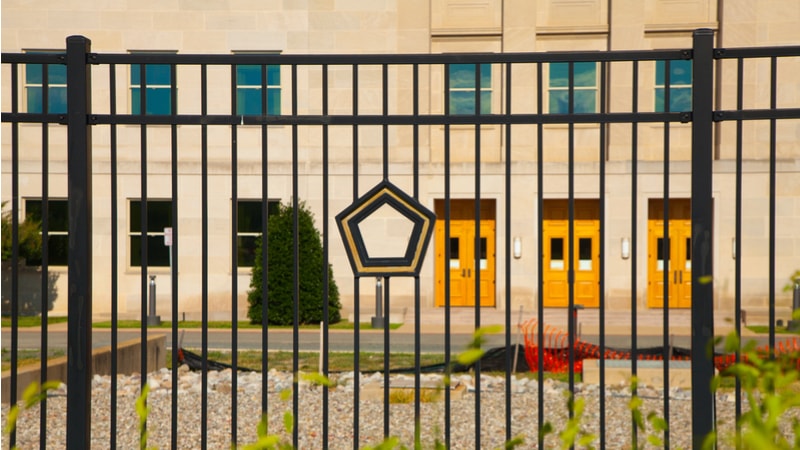
The Senate Armed Services Committee on June 13 voted 22-3 to advance its version of the National Defense Authorization Act (NDAA) for fiscal year (FY) 2025, setting the stage for deliberations to begin on the Senate floor.
Once the Senate confirms its version of the NDAA, the Senate and House will come together to confer and reconcile their respective versions of the bill.
The bill approves $923.3 billion – $878.4 billion for the Defense Department (DoD), $33.4 billion for defense-related activities within the Department of Energy, and $11.5 billion for defense-related activities outside NDAA authority.
As it stands the bill exceeds the $895 billion defense spending cap set by the Fiscal Responsibility Act by approximately $25 billion. The House version of the NDAA authorizes $849.8 billion, consistent with the spending cap.
While the complete text of the bill has not yet been disclosed to the public, a summary of the legislation highlights several provisions aimed at bolstering cybersecurity and accelerating the adoption of emerging technologies.
Including a strategy for countering drone technologies, a pilot program to optimize artificial intelligence-enabled software, a report on cybersecurity cooperation activities with allies, and a briefing on current and future capabilities to test directed energy systems.
A notable difference between the Senate and House NDAA is the pay raise for service members. Unlike the House version, which allots a nearly 20 percent pay increase for junior enlisted service members and a 4.5 percent pay raises for all other service members, the Senate version authorizes a 4.5 percent pay raise for military members and a 2 percent pay raise for DoD civilian employees.
However, the Senate and House NDAA agree on one thing – no UFOs allowed.
The summary of the bill, much like the House NDAA, does not include any provisions related to unidentified anomalous phenomena (UAPs). However – like NDAA FY2024 proceedings – lawmakers have a chance to bring up UAP measures during deliberations on the Senate floor.
